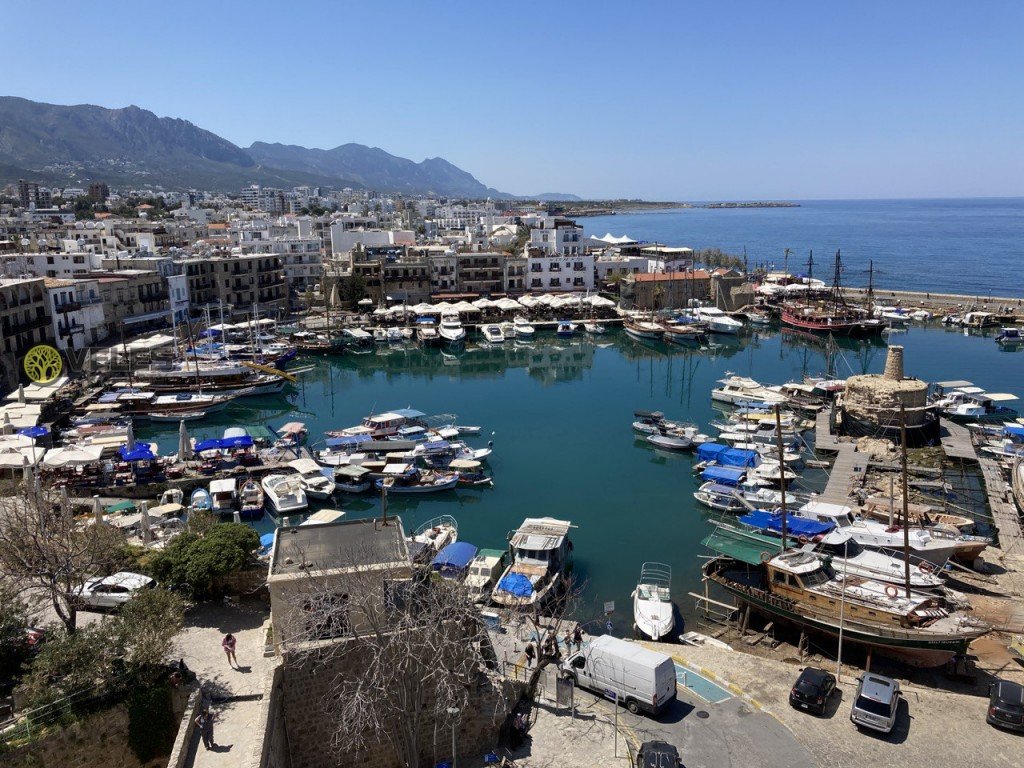“History makes a man wise, poetry makes him versatile. And mathematics is insightful. Natural science is profound, and morality is serious. Logic and rhetoric are capable of defending themselves,” said Thomas Babington Macaulay.
Cypriot life from 1920-1940. Unlike today, the living conditions in Cyprus were very different. They were just different. The so-called “good old days” of Cypriot grandparents are nothing more than nostalgia, as they themselves say. Listening to their stories, you just want to visit the past and look at least one eye… Life might have been simple at first glance, but the immense suffering, lack of sanitation, and lack of proper medical equipment made it very difficult. Not to mention the widespread illiteracy that was the norm in Cyprus. Photos from that period look nostalgic, and the natural beauty of the island remains a huge mystery to this day. In fact, we are facing a tragic story of poverty and deprivation. But history, history is history, it should not be rewritten. It should remain as it was – in memory of the ancestors…
Cyprus Island
The total population of Cyprus according to the 1931 census was only 347,959 people. But a closer look at the professions gives us an idea of the way of life. Unfortunately, blindness, infant mortality, disability and even leprosy were well known to Cypriots. It is well known that agriculture and animal husbandry were the main professions on the island. Of the total population:
- 116,246 children were under the age of 15
- 87.587 adults without education and occupation (reading and writing)
- 8,168 people with unknown professions
- 607 completely beggars
- 1,072 prisoners or crazy people
- 34,546 farmers and farmers
- 22,654 ploughmen and agricultural workers
- 2216 gardeners
- 8861 Shepherd
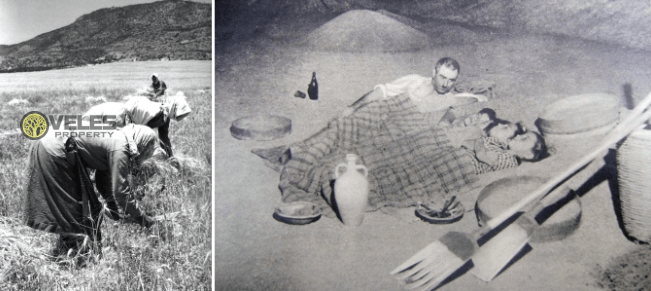
People worked in the fields, and then just went to sleep in the open air. Of course, this was not always the case. But this was the norm of life until the 1940s, so more than half of the able-bodied population was employed in agriculture and sheep breeding.
Other professions in Cyprus
For example, the mining industry employed 3,197 people. And unfortunately, they often worked in terrible conditions, with little concern for their own safety. Weaving and lace were important professions that gave many women the opportunity to earn some money in the safety of their own homes. 9,301 people worked in this profession. And there were only 1938 teachers on the whole island. Despite the low level, the Cypriot government tried to do everything possible for citizens. Many villages had only the most basic school education. For example, 1670 people worked in well-known Cypriot coffee houses. Practically, these are all owners. Unlike today, there were very few restaurants with 510 waiters. And 1066 people worked as drivers.
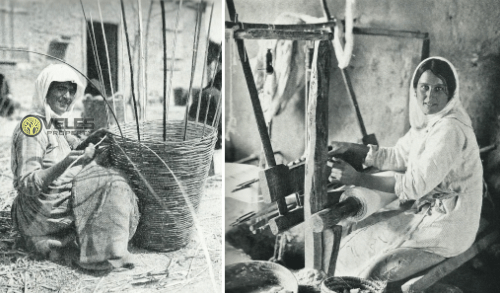
Shoe making was an important part of the light industry, as 3,608 people worked in this profession. In fact, many Cypriots who initially migrated to the UK were engaged in this industry there. By the way, a lot of family-owned shoe companies flourished in London from the 1960s and 80s, until this industry was destroyed in the late 1980s. And basket weaving to this day remains an ancient craft of the Cypriots, both on the southern and northern sides of the island.
Poverty and disease
Another sad aspect of Cypriot life was the massive illiteracy rate among the male population, which amounted to 40.91 per cent. And among women, there was a whopping 67.58%. Unfortunately, 511 people on the island were registered as mentally ill, and another 100 were suffering from leprosy (55 men, 45 women). Ahhh… Nope… Some 100 years ago, leprosy was sick here. How can you imagine this?!?! 91 lepers were kept in an orphanage in Nicosia. The greatest tragedy for these poor sufferers was that their families completely avoided them. In fact, many Britons believed that leprosy should not only be expelled from the home, but also excommunicated from the church. People mistakenly believed that this was a contagious disease – a curse of God. Here are some photos of Cypriot lepers from Dr. Nazim Beratli’s book “Kibris Miskinhanesi, Cuzzam ve Kibris”
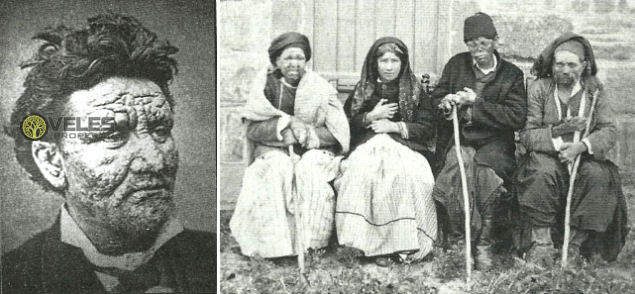
For those who did not know, recall that leprosy is a chronic infection caused by the bacterium Mycobacterium leprae or Mycobacterium lepromatosis. It mainly leads to damage and rotting of various parts of the body. Today, with timely diagnosis, leprosy is completely curable. In the end, let us all thank God that this horrible way of life has disappeared without a trace and forever and has gone into oblivion on the island of Cyprus. But, this is a story that few people describe in Russian, which we should know and honor. After all, we live here.
National Geographic
Historical conjunctures and geographical location that have influenced the multinational composition of the population of Cyprus. These photographs will show you the everyday life of Cypriots between 1910-1930. This is the classical and medieval past, which visually describes the post-Ottoman period, smoothly passing into the recent past. We look at photos and try to understand the culture and feel the history… people… situation… “thoughts”…
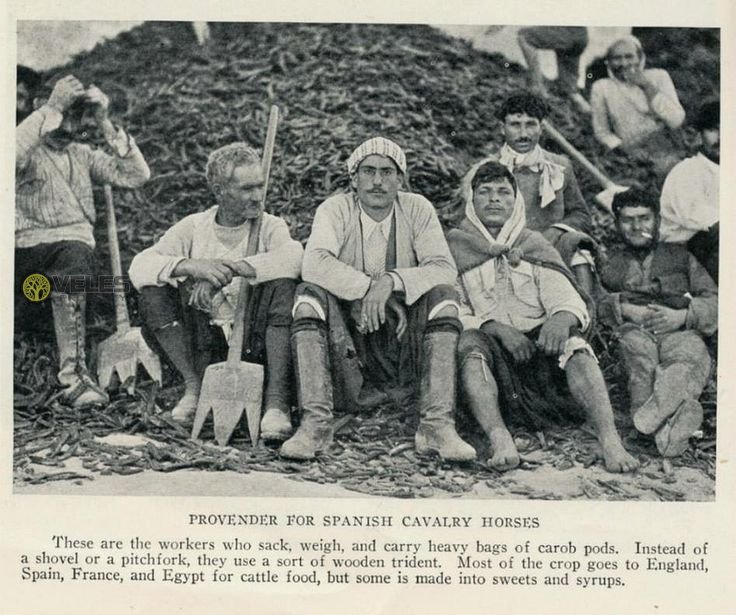
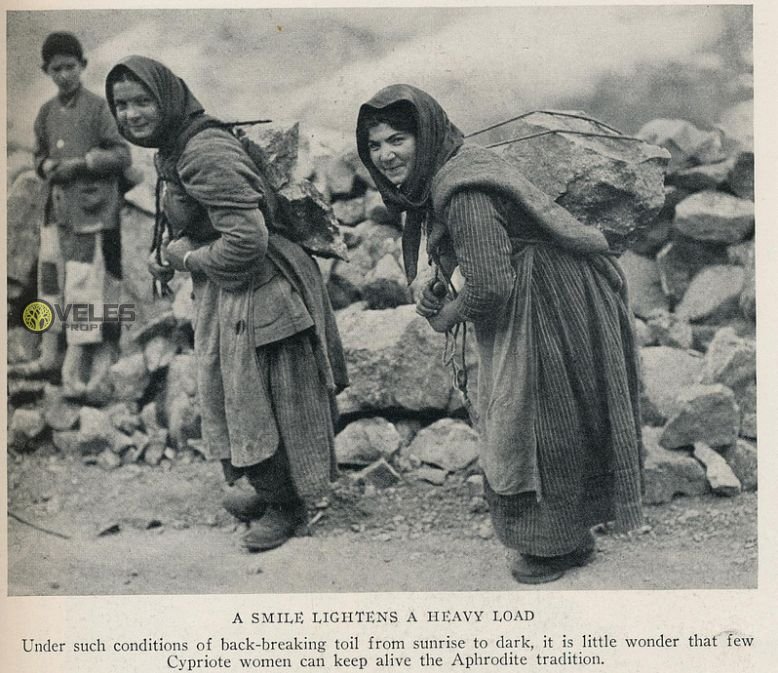
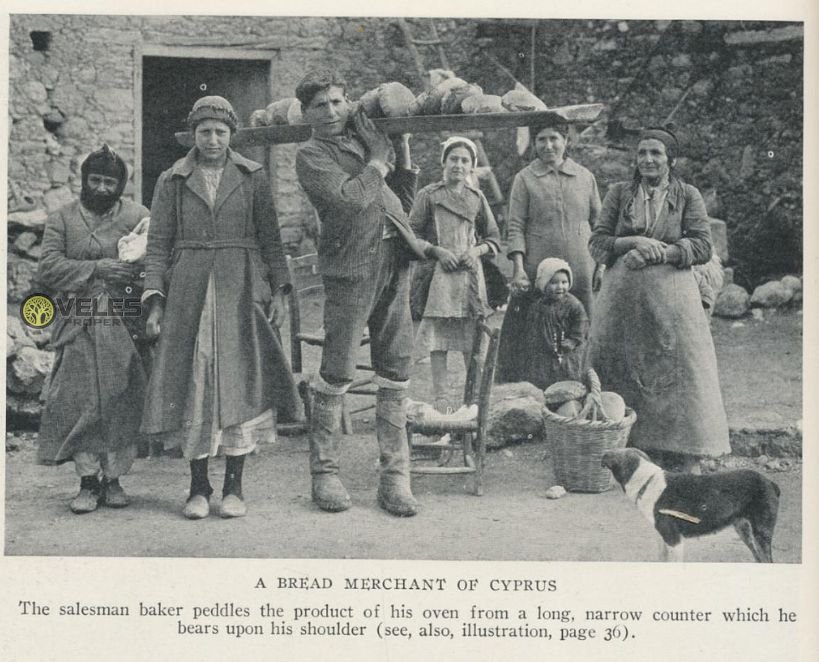
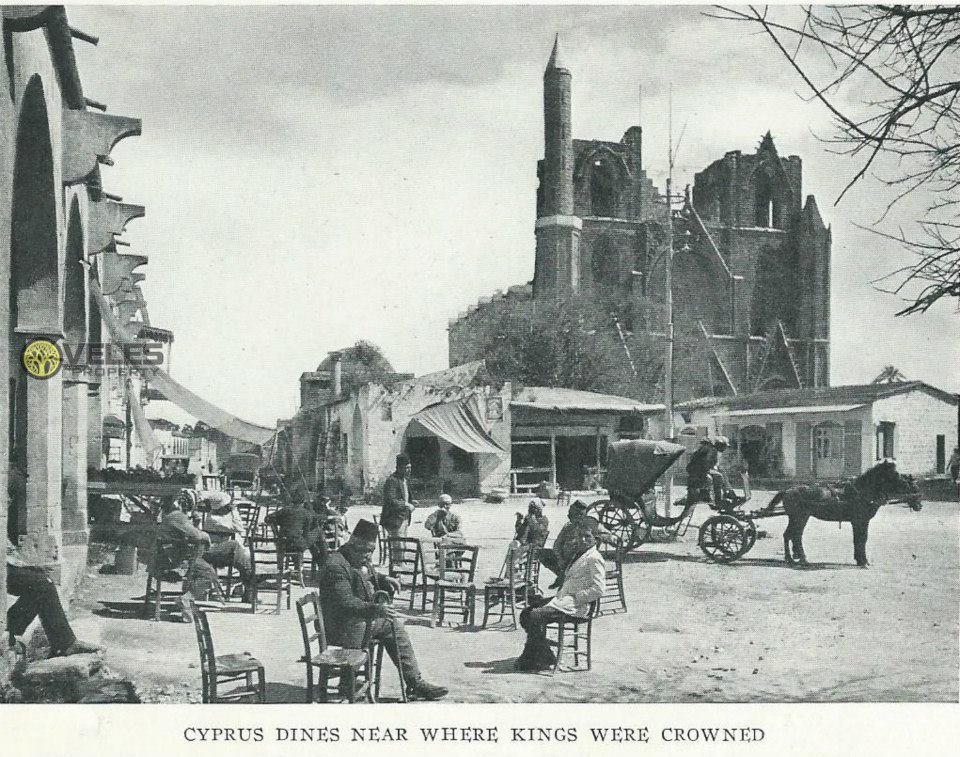
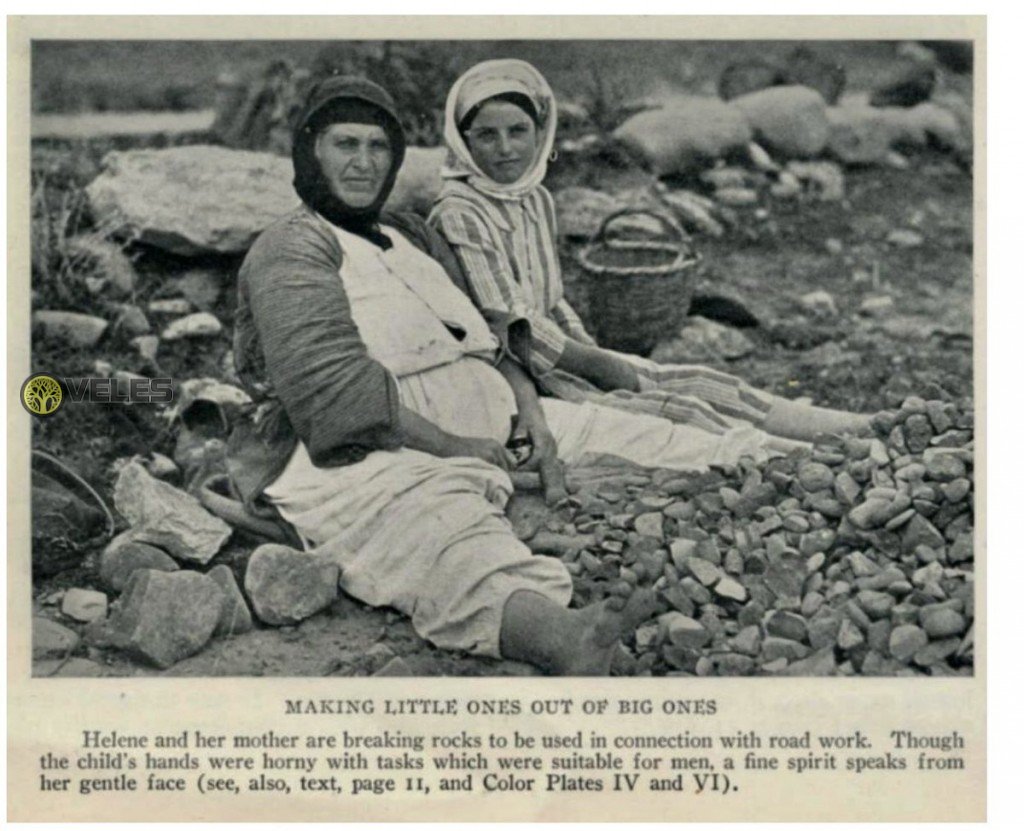
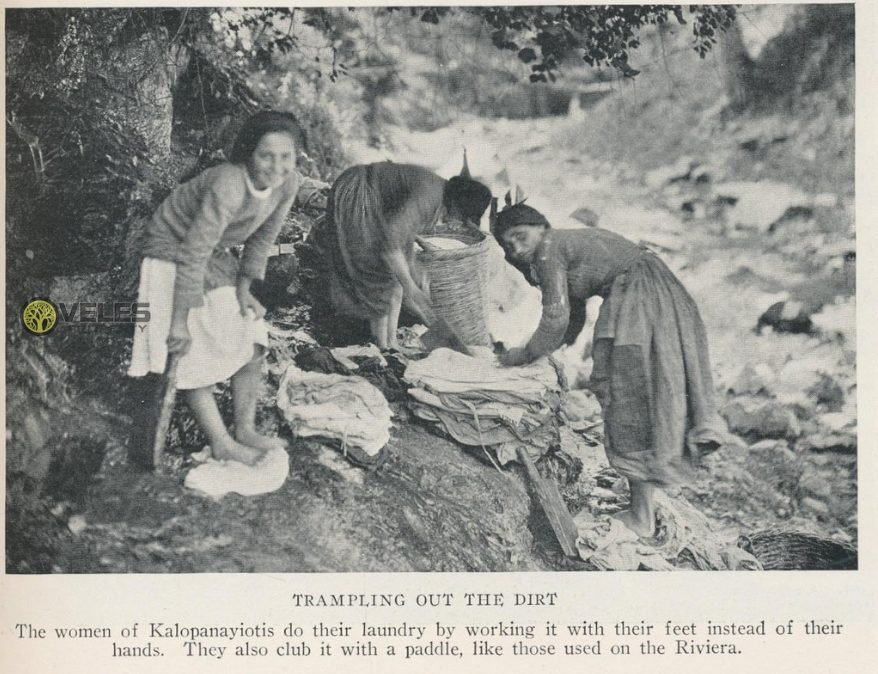
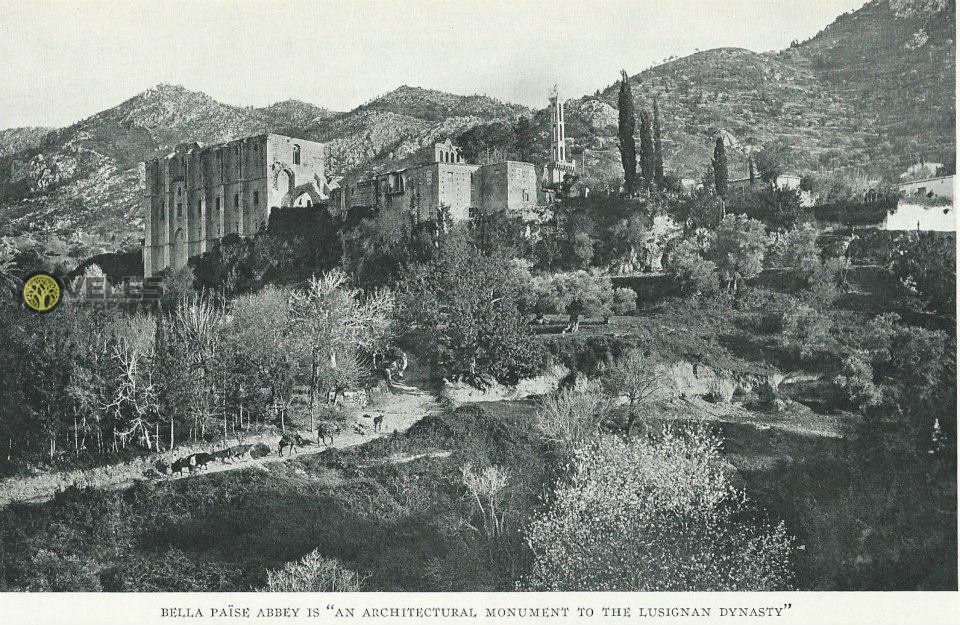
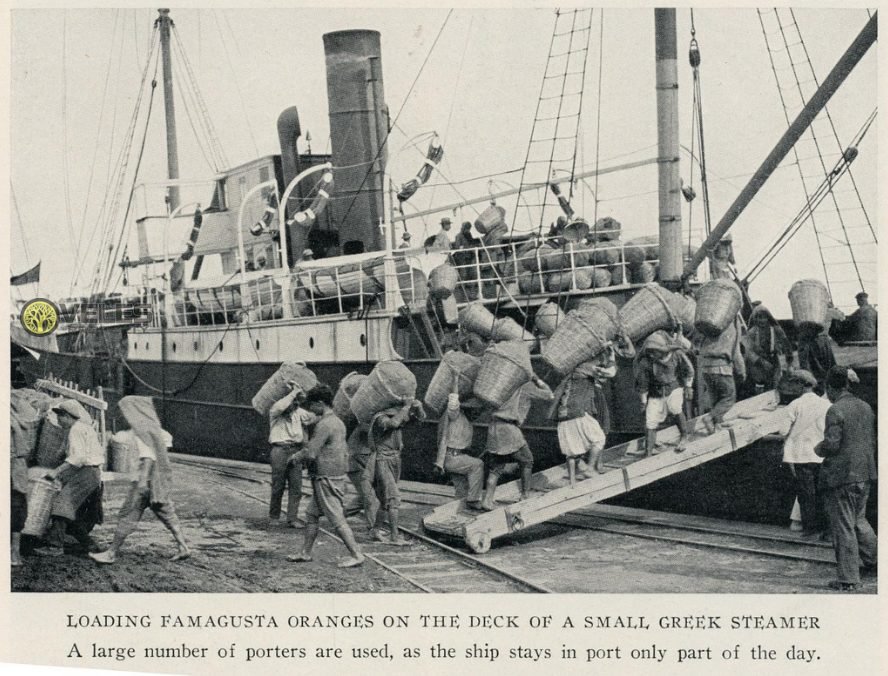
Cyprus
If you delve a little deeper into the history of the island, I think that Cyprus is the most unusual island in the Mediterranean. And during its centuries-old history, it has been repeatedly conquered and colonized. And today it has one of the oldest recorded histories in the world. After all, Cyprus has always been a desirable destination for all sailors. After all, the island occupied a key strategic position at the “gates” of Europe, Asia and Africa. It is called the birthplace of the legendary ancient goddess Aphrodite. After all, it was she, according to legends, who came out of the waves of the Mediterranean Sea to the shores of Cyprus. By the way, it is here that the remains of the oldest known settlements are located. For example, in the 4th century BC. the island was claimed by Alexander the Great. And after the second half of the XX century, it was divided into two parts. Today, a huge number of tourists come here, wanting to understand and feel the great History of Cyprus.
My favorite island
If you want to visit North Cyprus and make it a part of your life. Be sure to come to visit us, or you can even buy real estate here. It is here that many of your compatriots (Russia, Belarus, Ukraine, Kazakhstan, etc.) live, who arrange their life in peace and tranquility – live, make friends and communicate. Agree, today silence is very expensive. Just forget about all the hardships and come! Come and join us! Cypriots are very fond of new faces and visitors. Meet friends – this is Vera Ford. She will help you buy tickets and lay a comfortable route to Northern Cyprus:
- Mobile: +90 533 840 4838
- Languages: Russian, English, Turkish
- A specialist consultant with vast experience – Vera Ford’s personal profile
Property Managers
If you want to buy an apartment or villa on the Mediterranean Sea, then you can look through our entire database yourself. We have a large number of author’s real estate in North Cyprus for every taste and budget. Contacts of managers:
- Philip Babenko +90 533 840 3183
- Irina Chekaleva +90 533 852 0549
- Yulia Rogulskaya +90 533 856 9449
- Orhan Atasoy +90 533 840 0175
- Feyweh Olatunde +90 548 888 33 48
Source: Veles Enterprises
The article was prepared by: Valerii Veles
If you have any questions regarding a residence permit, buying air tickets. As well as questions about apostilled powers of attorney , please contact Veles Property. Our contact phone numbers: 0533 826 0449 (Diana), 0533 840 4838 (Vera), 0533 833 3398 (Irina)


